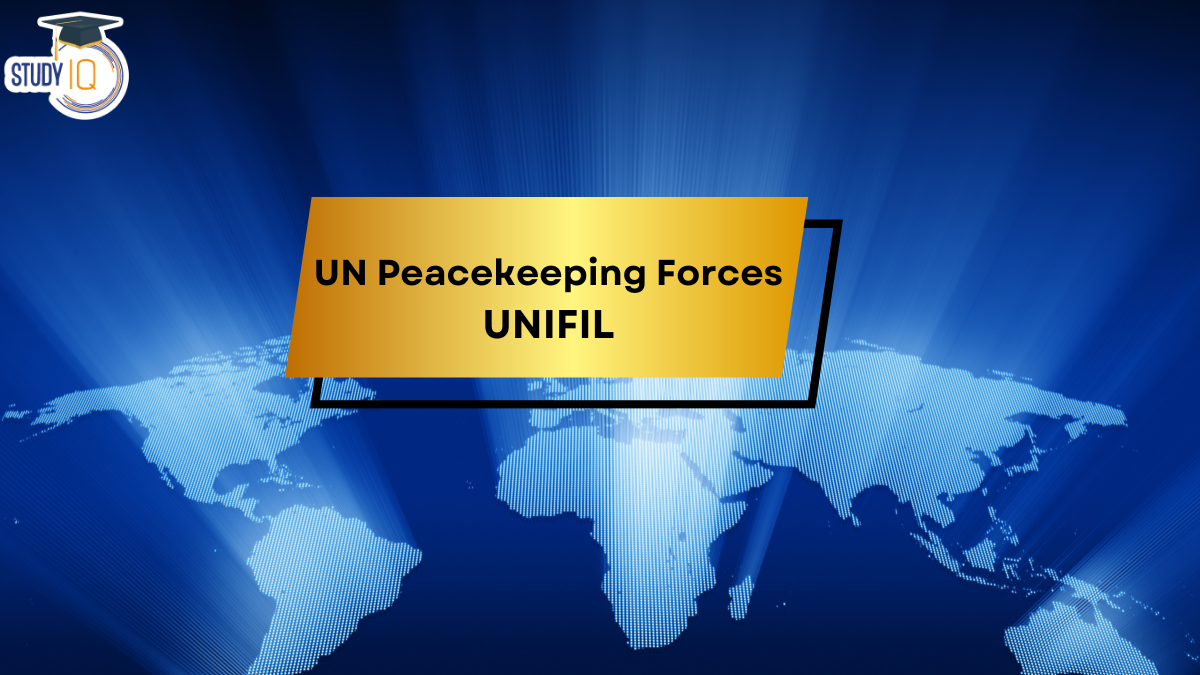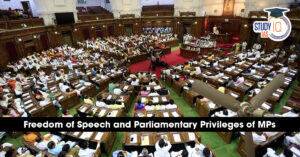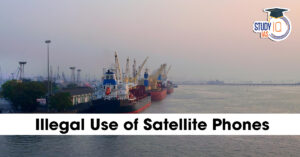Table of Contents
About UN PKF
- It is a global partnership that helps countries transition from conflict to lasting peace.
- The United Nations Security Council (UNSC) plays a major role in deployment of peacekeeping forces.
- Purpose: The UN peacekeeping force helps countries prevent disputes from escalating into war, restore peace after armed conflict, and promote lasting peace.
- Personnel: The force includes civilian, police, and military personnel from over 120 countries. They are often called “Blue Berets” or “Blue Helmets” because of their light blue berets or helmets.
- History: The first UN peacekeeping mission was established in May 1948 to monitor the Armistice Agreement between Israel and its Arab neighbours.
- The UN PKF is guided by three principles:
- Consent of the parties
- Impartiality
- Non-use of force except in self-defence and defence of the mandate.
| Facts |
|
About United Nations Interim Force in Lebanon (UNIFIL)
- It was established in 1978 by the United Nations Security Council (UNSC) through Resolution 425. (HQ: Naqoura, southern Lebanon)
- It comprises of more than 10,000 peacekeepers from 50 nations.
- Purpose: It was created in response to the conflict between Israel and Lebanon, primarily to confirm Israeli withdrawal from Lebanon and restore peace and security.
- Mandate:
- Restoring peace and security
- Supporting the Lebanese government to regain authority in the area.
- Monitoring hostilities.
- Area of Operation: Southern Lebanon, near the border with Israel (Blue Line)
- Blue Line is a 120km (75-mile) “border” drawn up by the UN between Lebanon and Israel. It was established in 2000.


 Freedom of Speech and Parliamentary Priv...
Freedom of Speech and Parliamentary Priv...
 Proteins as Quantum Sensors: New Advance...
Proteins as Quantum Sensors: New Advance...
 Illegal Use of Satellite Phones: Securit...
Illegal Use of Satellite Phones: Securit...




















